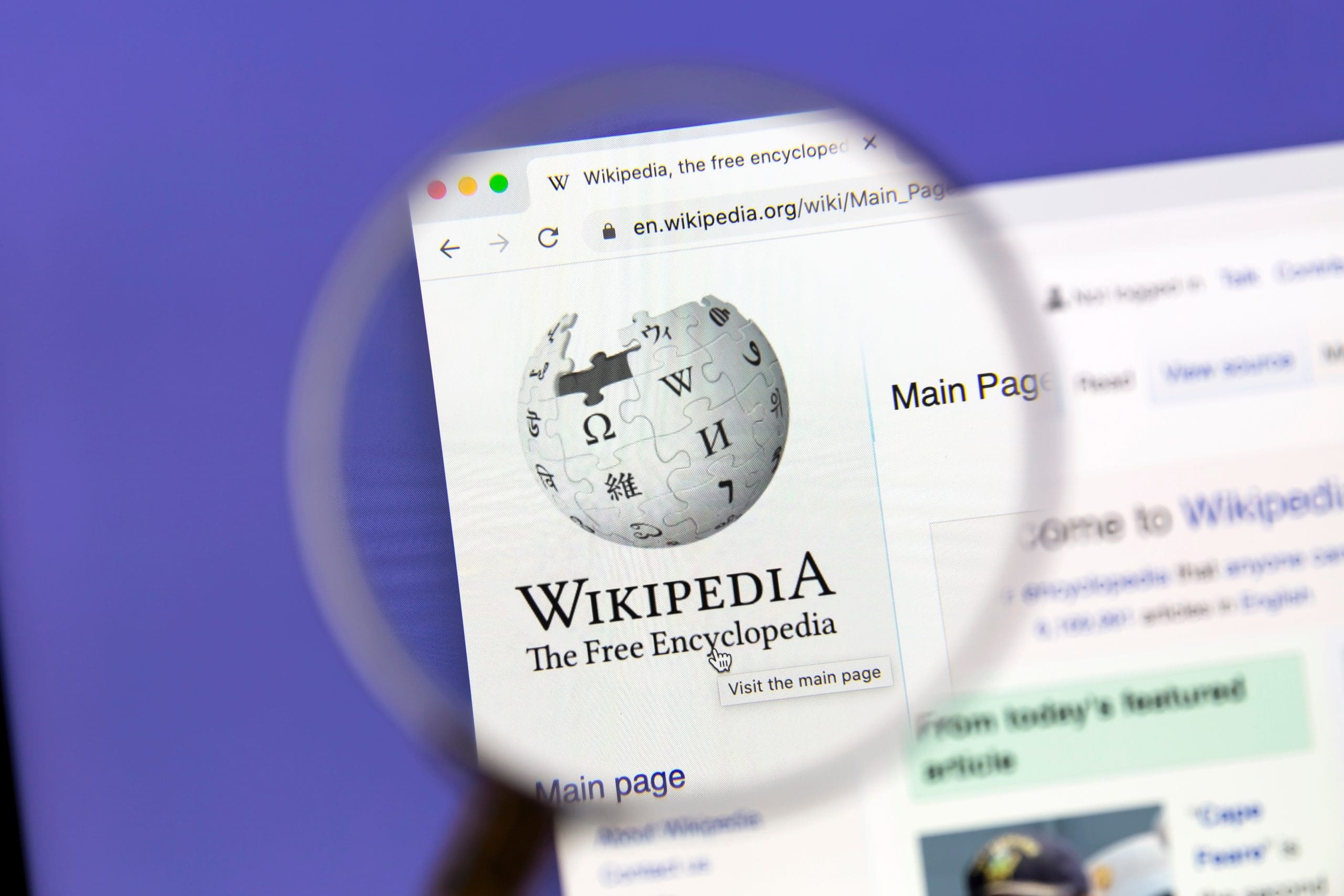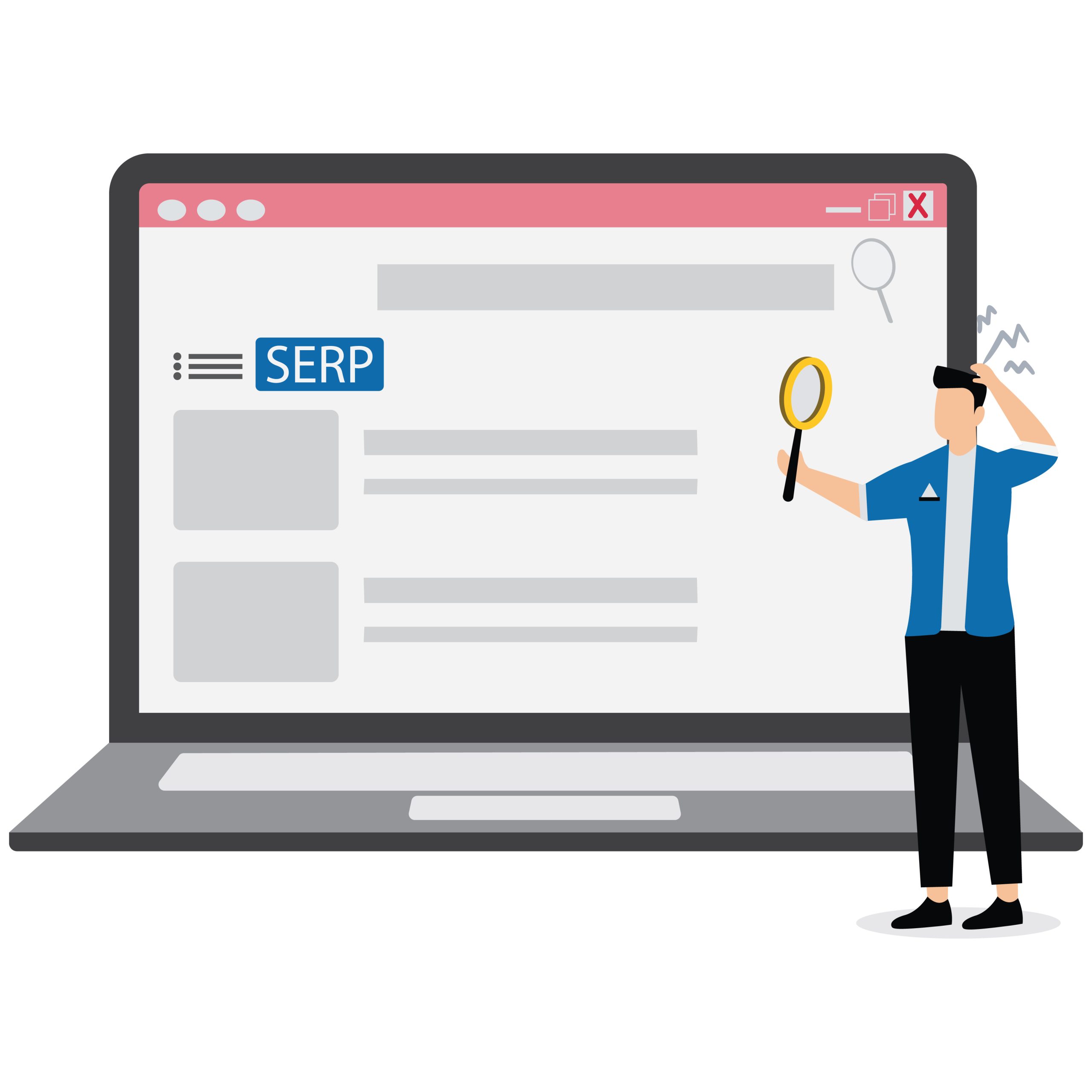
A Wikipedia page can feel like a badge of legitimacy. It sits near the top of search results, is part of one of the most visited sites in the world, and appears neutral, like “public knowledge.” But a poorly written or poorly monitored Wikipedia article can quietly damage an individual’s life, a business, or a brand.
Because Wikipedia pages are a central feature of the free encyclopedia, they influence how readers understand people, historical events, and companies. If the content is biased, outdated, or based on weak sources, that Wikipedia entry may be doing more harm than good.
What Is a Wikipedia Page, Really?
At its core, a Wikipedia page is a public article in a free online encyclopedia, written and maintained by users from around the world. Anyone with access to the internet can create or edit Wikipedia articles, as long as they follow Wikipedia’s guidelines on:
- using independent sources
- avoiding promotion and opinion
- sticking to a neutral language and verifiable details
A typical Wikipedia article is meant to summarize what reliable sources say about a topic, not what one person wishes were true. For example, a page about World War II or Germany will usually be built from books, academic articles, and videos by historians, not from one user’s opinion of a specific unit or trial.
Every Wikipedia entry shows when the page was last edited, which editors have contributed to its history, what links it contains, and a history tab where you can view all edits and dates. That transparency is part of what makes the Wikipedia community powerful—but it also reveals where quality breaks down.
Who Can Create or Edit a Wikipedia Page?
In practice, almost any user can write or edit Wikipedia pages:
- You can open an account in minutes.
- You can start a draft in your user space.
- You can contribute to article creation on topics you care about.
That openness is valuable for topics like science, ancient history, or niche events that might not be covered anywhere else. But it also means:
- A page about a business can be written by someone who has never contacted the company.
- A person can be summarized by strangers who only know them from one negative article or trial.
- A topic can be dominated by a small group of editors with strong opinions.
The Wikipedia community relies on guidelines like “no original research” and “neutral point of view,” but those rules are enforced by people with varying time, interest, and expertise. Some pages get constant review; others are left alone for weeks or even years.
When Your Wikipedia Page Starts Hurting You
A Wikipedia page starts causing damage when it:
- summarizes your present life using only negative or outdated examples
- uses sources that lean heavily on criticism while ignoring context
- focuses on one event (for instance, a trial or a killing) and barely mentions other parts of your career or history
- reads more like a blog opinion than a neutral encyclopedia entry
If that page ranks near the top of search results, it can affect:
- professional opportunities
- how customers and partners view your business
- how journalists and people researching you choose topics to cover
Because Wikipedia articles often appear as a lead result in search, a single skewed Wikipedia page can undo years of careful promotion elsewhere.
Signs Your Wikipedia Page Is Damaging Your Reputation
Here are practical signs that your Wikipedia page may be doing more harm than good:
- One-sided content
The text emphasizes scandals, criticism, or one event, with little about your broader career, business, or contributions. - Weak or non-independent sources
The article relies on blog posts, press releases, or your own site rather than independent articles, books, or reputable sources. A strong Wikipedia article uses independent sources that can be checked and reviewed. - Vandalism and unsourced accusations
You see details added without citations, personal opinions, or accusations that appear and disappear over weeks. The history tab may show repeated attempts to edit the same text, a break in quality, or escalating discussions on the talk page. - Notability disputes and deletion tags
Templates at the top of the page might say the topic is “notable?” or that the page is under review for deletion. If your Wikipedia entry is constantly being questioned, it can suggest to readers that your business or career is marginal—even if that’s not true in the real world. - Outdated dates and stale information
The date the page was last edited is years old, or important dates in your life and business are wrong. A trivial detail from March several years ago could be frozen on the page, while more recent events are not covered at all.
When you see these patterns, it’s a sign that the contents Wikipedia presents about you need attention.
How a Bad Wikipedia Page Impacts Personal Branding and Business
For an individual, a damaging Wikipedia page can:
- misrepresent your present life by focusing on one past event
- frame you as a person known only for one controversy
- influence how employers, clients, or people with a casual interest perceive you
For a business, an inaccurate Wikipedia article can:
- show up before your official site in search
- highlight a single unit or product failure and do not mention leading successes
- send readers to negative links or articles that you can’t easily respond to
In both cases, the page is acting as a leading summary—whether you agree with it or not.
How to Review Your Wikipedia Page Like an Editor
Before you change anything, you need to understand the article the way the Wikipedia community does. A simple process:
- Check basic structure
- Look at the lead section: does it fairly summarize the topic?
- Scan the sections: are key events, dates, and phases of your history covered, or is everything about one trial or one killing?
- Inspect sources and links
- Are sources mainly critical or from one country or one language?
- Are links mostly to blogs, self-published resources, or a single business site?
- Read the talk page
- Check the discussions: have editors flagged bias, promotion, or poor quality?
- Note if multiple users have raised the same problems, but no changes were made.
- Look at the edit history
- See what text has been added or left in place, and who submitted major changes.
- Note if the same account or anonymous IP is doing most of the editing over a short period.
Make notes as you go: what needs factual correction, what is missing, and where the article violates Wikipedia’s own guidelines.
What You Can Safely Do Yourself
You can take some careful steps on your own, as long as you respect Wikipedia’s rules:
- Correct clear factual errors: If a date, place, or unit name is objectively wrong, you can suggest a correction with a better source.
- Add missing independent sources: When the article relies on weak references, propose independent sources that provide a more balanced perspective.
- Use the talk page instead of edit wars: If you have a conflict of interest (for example, the Wikipedia page is about you or your business), it is usually better to make a clear request on the talk page rather than directly editing. Explain which text is incorrect and provide sources.
- Start a draft instead of rewriting live: You can prepare a draft in your user space—a separate form of the article—and invite experienced editors to review it. This avoids accusations of self-promotion and gives you a cleaner process.
Remember: Wikipedia is not a place for personal opinions. Everything must be backed by independent sources and written for encyclopedia readers, not for your marketing goals.
When to Involve Experienced Wikipedia Editors or Professionals
There are situations where outside help is sensible:
- The Wikipedia page is tied to complex legal or reputational issues.
- Repeated attempts to correct content are reversed within weeks by the same group of editors.
- The topic is highly controversial, and discussions regularly break down.
In these cases, you may want to:
- Work with neutral editors who know Wikipedia’s internal guidelines and how to contact the right noticeboards.
- Consult reputation or Wikipedia specialists who understand what tools and resources are allowed (and what crosses the line into undisclosed promotion).
- In rare, severe cases, seek legal advice when the content clearly crosses into defamation.
The goal is not to “control” the Wikipedia article, but to ensure the topic is covered fairly in accordance with the same policies applied to other articles.
Alternatives When Wikipedia Is Not the Right Place
Sometimes the best decision is to break your dependence on a single Wikipedia page as your primary public reference and invest in other resources:
- Publish clear, factual articles on your own site, with dates, examples, and sources.
- Share accurate videos, interviews, and text explaining your work or business, so people searching your name have more than one view.
- Build profiles on professional platforms where you control the content and details.
Wikipedia is one site in a much larger world of knowledge. You can’t fully control a Wikipedia entry, but you can make sure that users who search for you find better, high-quality information elsewhere.
Use Wikipedia for what it is: a large, imperfect, free encyclopedia written by millions of users. Respect its rules, protect your reputation, and don’t let one imperfect Wikipedia article define your entire life or career.
You might also like
Why Even Positive Articles Can Confuse Google’s Context
A Wikipedia page can feel like a badge of legitimacy. It sits near the top of search results, is part …

